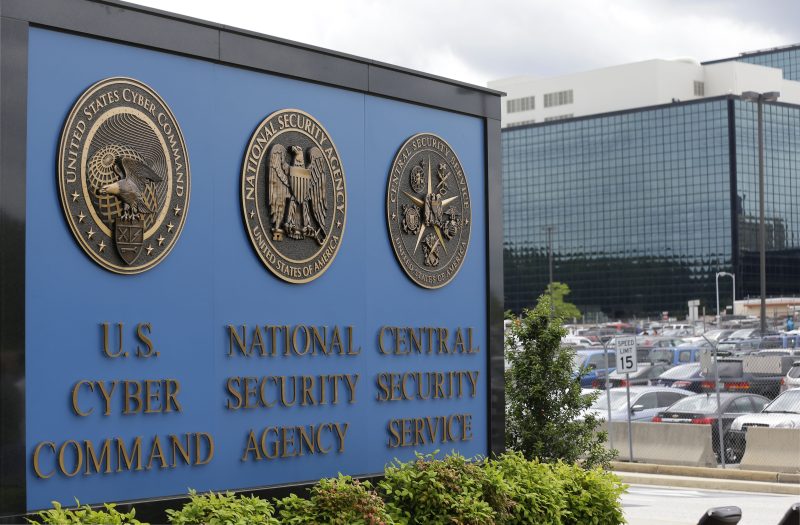The recent hack of the Trump campaign highlights a major cybersecurity issue that could have significant implications for the upcoming US elections. Cybersecurity experts warn that this incident might just be the tip of the iceberg, indicating potentially wider election disruptions. The attack, which targeted the campaign’s websites and email servers, underscores the vulnerability of political campaigns to cyber threats.
Campaigns, by their nature, are high-profile targets for cybercriminals looking to disrupt the democratic process. The information and data stored on campaign servers can be valuable for hackers seeking to influence the outcome of an election. In the case of the Trump campaign hack, the attackers were able to access sensitive information, including internal emails and donor data.
The implications of such a breach extend far beyond the immediate impact on the campaign itself. If hackers were able to penetrate the Trump campaign’s systems, it raises concerns about the security of other political campaigns and organizations. This incident serves as a warning that similar attacks could target other candidates, parties, or even election infrastructure.
Experts warn that election disruptions can take many forms, from spreading disinformation to tampering with voter registration databases or even manipulating election results. The hack of the Trump campaign demonstrates the need for increased vigilance and cybersecurity measures to protect the integrity of the electoral process.
One of the key challenges in securing political campaigns is the decentralized nature of the political landscape. Campaigns often rely on a patchwork of vendors and service providers, making it difficult to maintain a consistent level of security across the board. This complexity can create vulnerabilities that hackers can exploit to gain access to sensitive data.
To combat these threats, political campaigns must prioritize cybersecurity and invest in robust defenses to protect against attacks. This includes implementing strong encryption protocols, multi-factor authentication, and regular security audits to identify and patch vulnerabilities.
In addition to technical measures, campaigns must also focus on educating staff and volunteers about cybersecurity best practices. Human error remains one of the most common causes of data breaches, so training individuals to recognize and respond to potential threats is essential in preventing attacks.
As the 2020 election approaches, the hack of the Trump campaign serves as a stark reminder of the cybersecurity challenges facing political campaigns. By taking proactive steps to strengthen their defenses and enhance their security posture, campaigns can help safeguard the democratic process and protect against potentially devastating disruptions.

